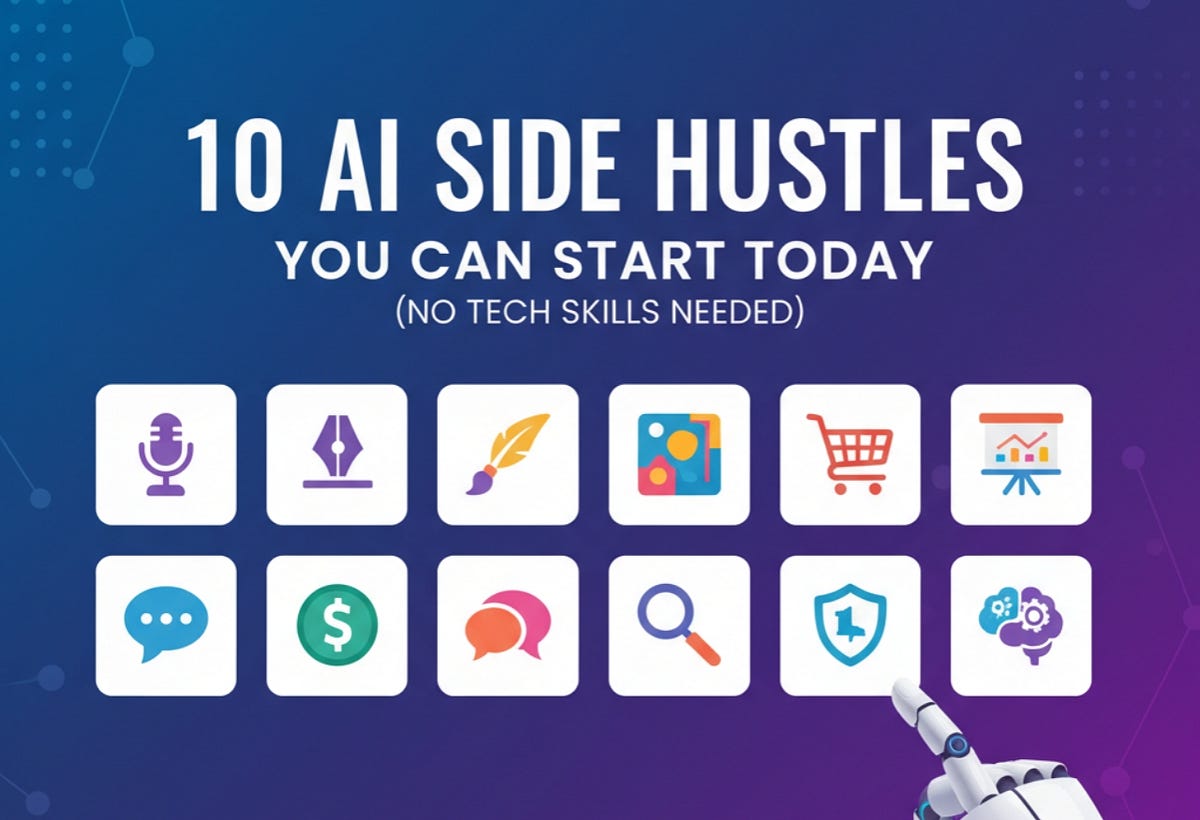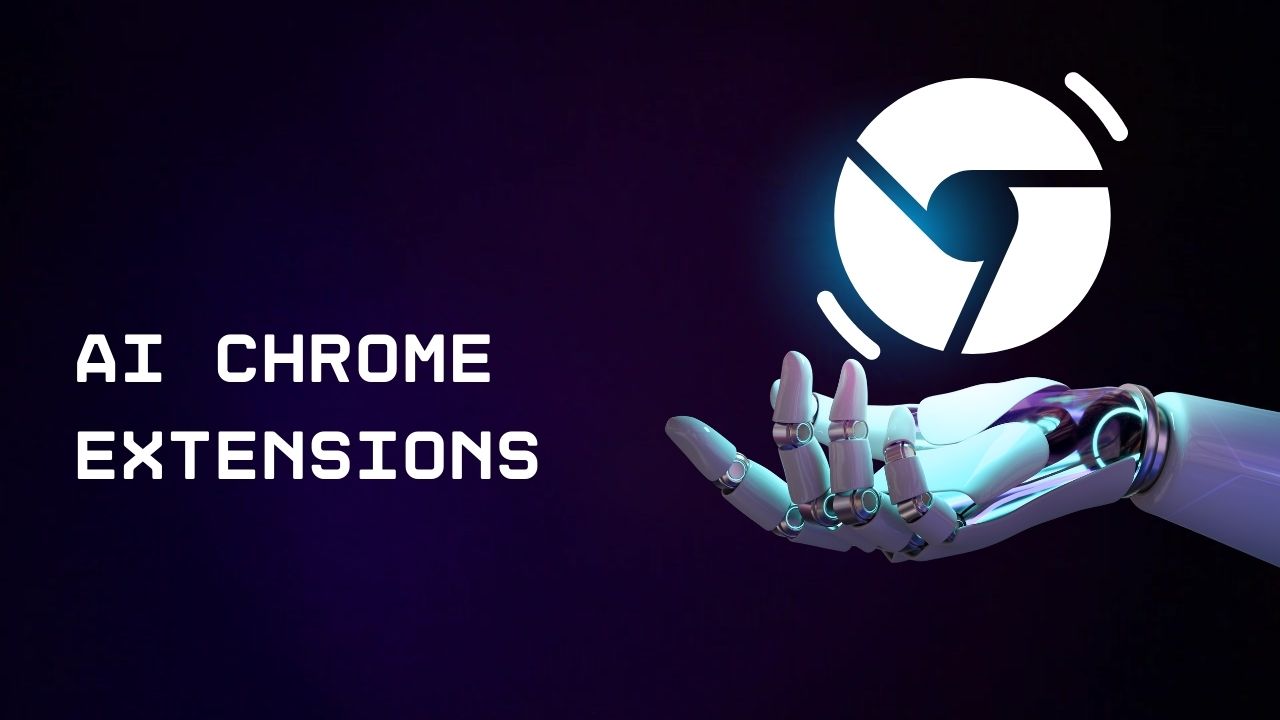
OpenAI Enhances Creator Control in Sora AI Video Tool: Revenue Sharing and IP Protections on the Horizon
In the fast-evolving world of AI-driven content creation, OpenAI is taking a bold step toward empowering creators and content owners. As reported by Reuters on October 3, 2025, the company behind ChatGPT is rolling out advanced controls in its groundbreaking Sora AI video generation app. This move not only addresses growing concerns over intellectual property (IP) rights but also introduces a revenue-sharing model to fairly compensate those who opt in. At Ziflite Tech, we’re closely watching how these changes could reshape the AI video landscape—let’s dive into the details.
What’s New with Sora? Granular Controls for Content Owners
Sora, OpenAI’s multimodal AI tool that transforms text prompts into stunning videos up to 10 seconds long, launched as a standalone app this week in the US and Canada. But with its rapid popularity—users are generating videos at an unprecedented rate, often for niche communities—the need for robust IP safeguards has never been more urgent.
OpenAI CEO Sam Altman announced on his blog that rights holders, including major TV and movie studios, will soon gain “more granular control over generation of characters.” Key features include:
- Blocking Mechanisms: Content owners can prevent their characters, likenesses, or assets from being used in AI-generated videos without permission.
- Opt-In Permissions: Studios and creators can choose to allow usage, opening the door to collaborative innovation.
- Targeted Restrictions: Fine-tuned options to specify exactly what can or cannot be generated, balancing creativity with protection.
This comes amid heightened scrutiny of AI’s impact on intellectual property. As AI tools like Sora make it easier to remix copyrighted material into shareable social media content, Hollywood is on high alert. Reuters sources indicate that at least one major studio, Disney, has already opted out of Sora integrations to safeguard its IP.
Monetization Magic: Revenue Sharing for AI Video Creators
What sets this update apart? OpenAI isn’t just talking defense—it’s introducing offense with a revenue-sharing framework. Altman highlighted that users are producing “significantly more video content than expected,” fueling the app’s viral streams. To capitalize on this, OpenAI plans to:
- Share ad or subscription revenues with copyright holders who permit character usage in Sora videos.
- Test various models within the app before expanding to OpenAI’s broader suite, including ChatGPT.
- Adapt based on “trial and error” to ensure fair, scalable compensation.
This approach could be a game-changer for the AI video generation industry. Imagine studios like Disney or independent creators earning passive income from AI remixes, all while maintaining veto power. It’s a win-win that aligns innovation with ethical monetization.
Sora in the Competitive Arena: How It Stacks Up
OpenAI’s Sora isn’t flying solo in the text-to-video race. Backed by Microsoft, it builds on last year’s public model release and now competes head-on with:
- Meta’s Vibes: A fresh platform for short-form AI videos, emphasizing user sharing and community vibes.
- Google’s Tools: Alphabet’s multimodal AI advancements, pushing boundaries in video synthesis.
As these giants vie for dominance, Sora’s focus on creator controls could give OpenAI an edge in building trust with the entertainment industry. At Ziflite Tech, we predict this will accelerate adoption among ethical creators while pressuring rivals to follow suit.
Why This Matters for the Future of AI Content Creation
The ripple effects of OpenAI’s Sora updates extend far beyond Hollywood. For businesses, marketers, and everyday users experimenting with AI video generation:
- Enhanced Trust: Stronger IP protections reduce legal risks, encouraging bolder experimentation.
- Economic Opportunities: Revenue sharing democratizes earnings, potentially creating new revenue streams for niche content.
- Ethical AI Evolution: It signals a maturing industry, where innovation meets accountability.
Scrutiny over AI-generated content is only intensifying, and OpenAI’s proactive stance could set a new standard. As Altman noted, implementation starts soon—stay tuned for real-world tests.
Final Thoughts: Ready to Explore AI Video Tools?
OpenAI’s commitment to boosting content owners’ control in Sora isn’t just a policy tweak; it’s a pivotal moment for AI ethics and monetization. Whether you’re a studio exec safeguarding assets or a creator eyeing new income sources, this evolution in AI video apps demands attention.
What do you think—will revenue sharing transform how we use tools like Sora? Drop your thoughts in the comments below, and don’t forget to subscribe to Ziflite Tech for the latest in AI innovations, IP trends, and tech breakthroughs.



